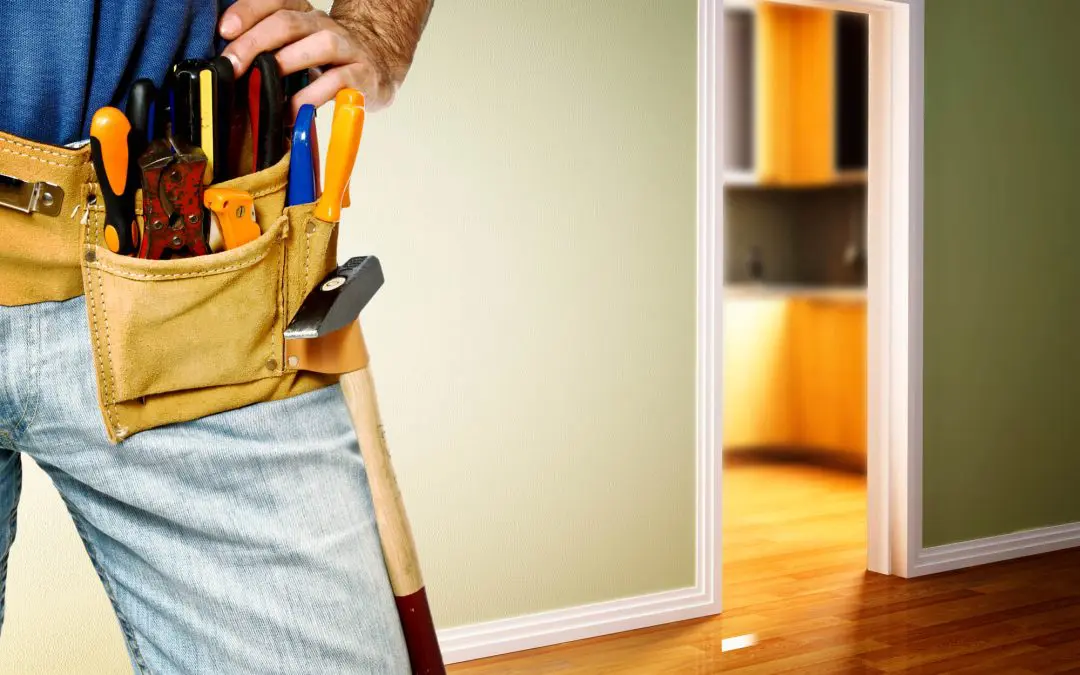DIY projects save money, provide outlets for creativity, and add a personal touch to your home. Whether renovating a room, fixing a leaky faucet, or crafting handmade decorations, DIY projects can be immensely satisfying. However, they can also be fraught with challenges, especially for beginners. From underestimating project complexity to skipping crucial steps, enthusiasts often make several common DIY mistakes. In this blog post, we’ll explore some of these pitfalls and provide tips on how to avoid them.
Common DIY Mistakes: Failure to Plan Properly
One of the most common mistakes DIYers make is diving into a project without adequate planning. Rushing in without a clear plan wastes time, money, and effort. Before starting any DIY project, take the time to research, gather necessary materials, and develop a detailed plan of action. Consider factors such as budget, timeline, and potential obstacles. A well-thought-out plan will help you stay organized and achieve better results.
Ignoring Safety Precautions
Make safety a top priority when undertaking DIY projects. Many beginners overlook safety precautions, leading to accidents and injuries. Always wear appropriate protective gear, such as goggles, gloves, and masks, when working with tools or hazardous materials. Take the time to familiarize yourself with the proper use of tools and equipment, and don’t hesitate to ask for help if you’re unsure about something. Additionally, ensure that your workspace is well-lit and free of hazards to minimize the risk of accidents.
Skipping Measurements and Prep Work
“Measure twice, cut once” is a golden rule in the world of DIY. Failing to take accurate measurements or skipping essential prep work can result in costly mistakes and subpar results. Before making any cuts or installations, carefully measure and mark your materials to ensure precision. Similarly, don’t overlook prep work such as sanding, priming, and surface cleaning, as these steps are crucial for achieving professional-looking results.
Common DIY Mistakes: Overlooking Permits and Regulations
Depending on the nature of your DIY project, you may need to obtain permits or adhere to local regulations and building codes. Ignoring these requirements can lead to fines, delays, and even forced removal of your work. Before starting any project, research the necessary permits and regulations in your area and ensure that you comply with them. It may seem like an extra hassle, but it’s essential for the safety and legality of your project.
Underestimating Time and Budget
DIY projects often take longer and cost more than initially anticipated. Underestimating the time and budget required leads to frustration and unfinished projects. Be realistic when setting timelines and budgets, and allow extra time and expenses to account for unforeseen challenges. It’s better to overestimate than to be caught off guard by unexpected setbacks.
Lack of Patience and Persistence are Common DIY Mistakes
DIY projects can be challenging, especially for beginners. It’s easy to become frustrated or discouraged when things don’t go as planned. However, patience and persistence are key to overcoming obstacles and achieving success. Don’t be afraid to seek guidance from online tutorials, books, or experienced DIYers. Remember that mistakes are a natural part of the learning process, and each one brings valuable lessons.
While DIY projects can be rewarding and fulfilling, they have their fair share of challenges. By avoiding common mistakes and following best practices, you can increase your chances of success and enjoy the satisfaction of completing projects that enhance your home. Remember to plan meticulously, prioritize safety, pay attention to detail, and stay patient and persistent. With the right approach, you’ll be well on your way to mastering the art of DIY.
FAQS for DIY Projects
What are some popular DIY projects for homeowners?
Popular DIY projects include painting walls, installing shelves, replacing fixtures (such as faucets or light fixtures), landscaping, building furniture, and renovating rooms like kitchens or bathrooms.
What tools and equipment are essential for DIY projects?
Essential tools for DIY projects may include a hammer, screwdriver set, measuring tape, level, power drill, saw, paintbrushes, and safety gear such as goggles and gloves. The specific tools required depend on the nature of the project.
When should homeowners consider hiring professionals instead of DIY?
Homeowners should consider hiring professionals for projects that require specialized skills, pose safety risks, or involve complex structural work. Additionally, outsourcing the task may be the best option if a DIY project exceeds the homeowner’s capabilities or time constraints.
How can homeowners ensure safety while undertaking DIY projects?
Safety should always be a priority during DIY projects. Homeowners should read and follow instructions carefully, wear appropriate safety gear, work in well-ventilated areas, and take precautions when using power tools or working at heights.
Danny Inspections provides home inspections to customers in the Chicago area. If you’re buying or selling a home, contact us to request an appointment for our services.

